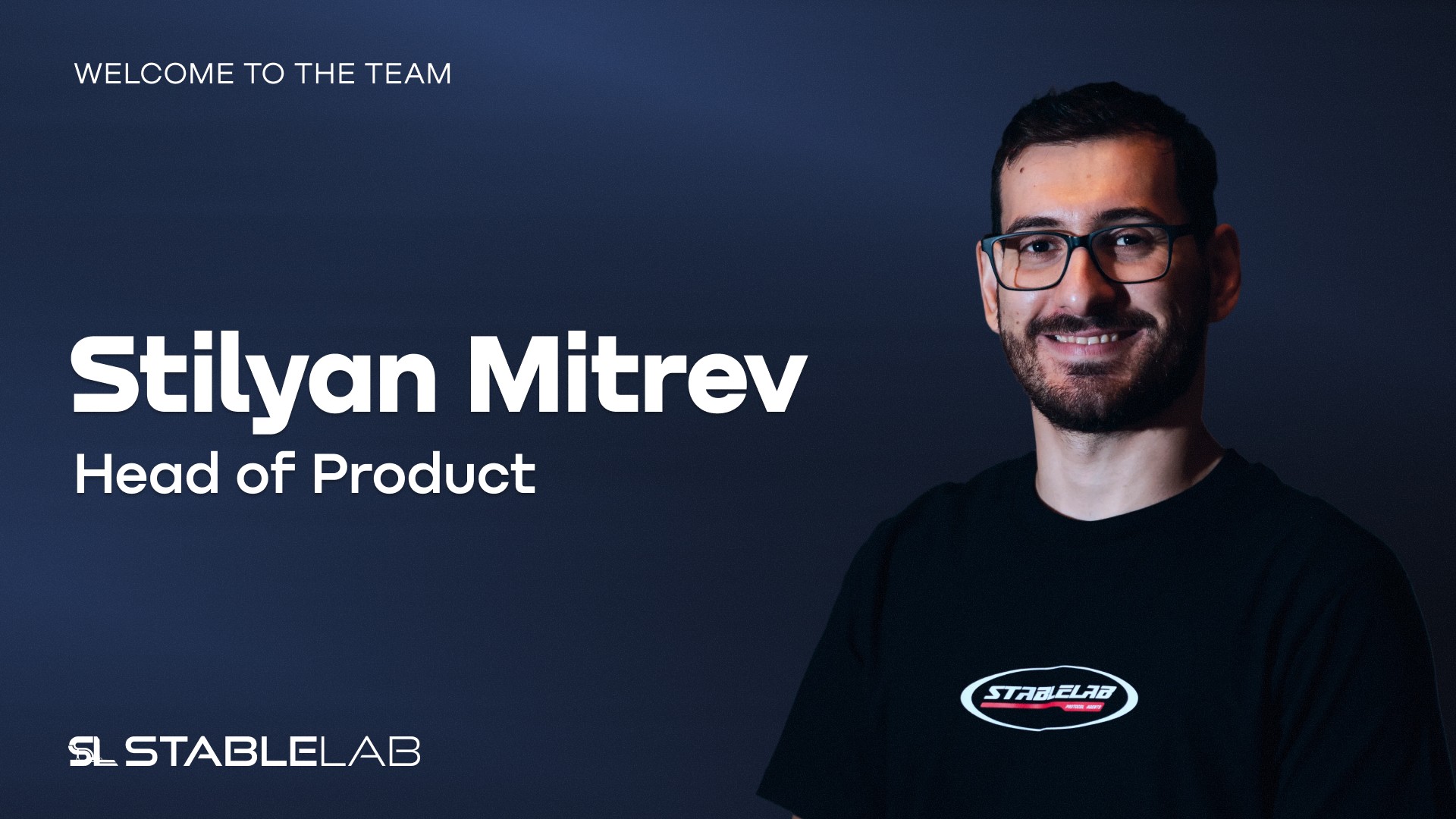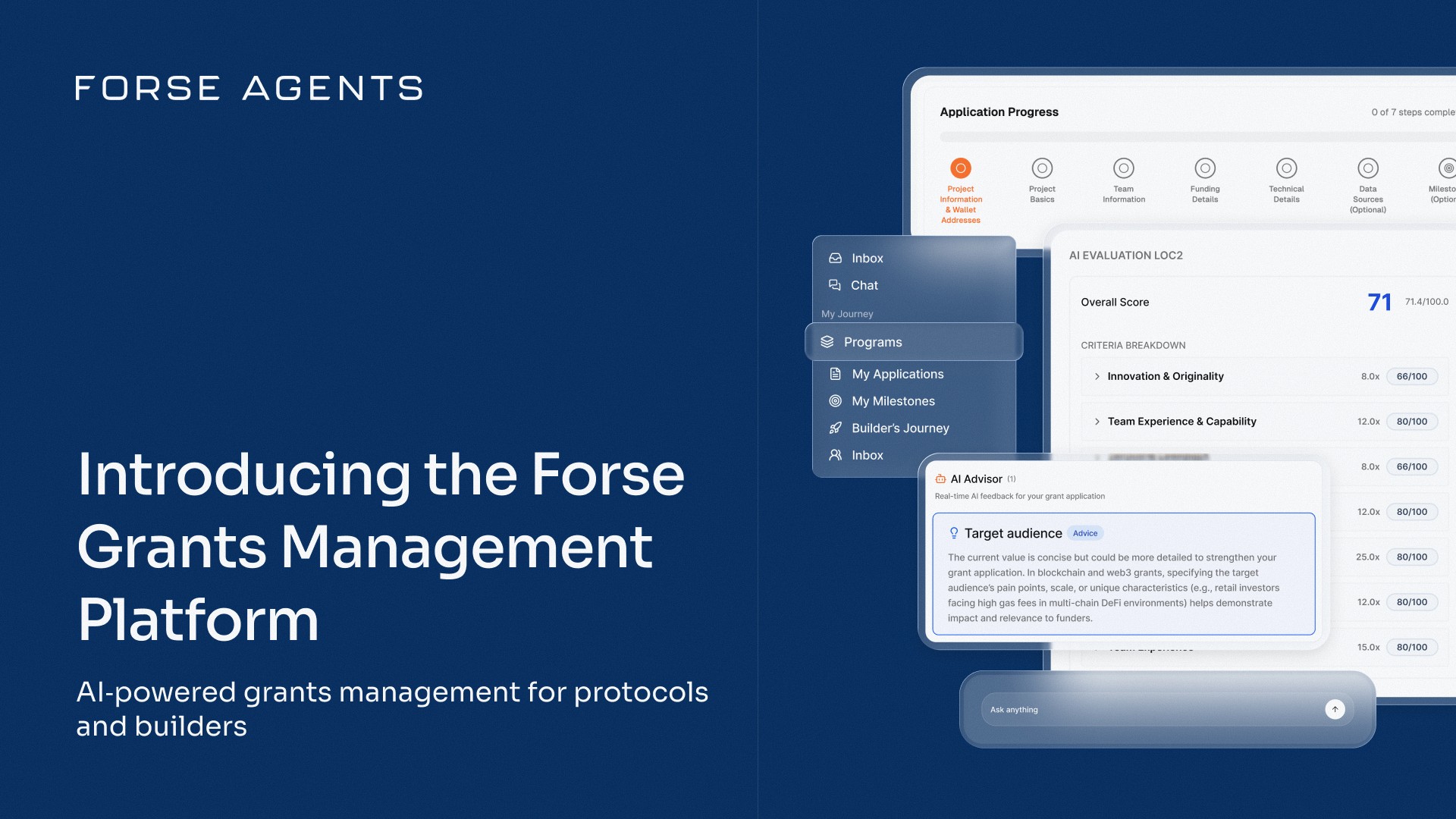DAO delegation is no longer a purely human endeavor. AI is beginning to take on key functions: summarizing debates, drafting rationales, tracking sentiment, even voting.
This article explores how artificial intelligence is not just assisting delegates, but reshaping their role elevating them from overwhelmed operators to orchestrators of intelligent systems.
The question is no longer whether AI will support governance.
It's whether delegates, as we know them, will still be human.

“Embracing AI is no longer optional”
Delegation Today: Distributed Power Under Cognitive Strain
To understand how AI is reshaping delegation, we first need to understand the role itself.
In the early days—The DAO in 2016, MolochDAO in 2019—governance was simple and idealistic. Flat structures, direct voting, and a lot of experimentation. But as DAOs matured and treasuries grew, the process became more complex, and the need for scalable participation gave rise to delegation.
Instead of expecting every token holder to vote on every issue, DAOs began entrusting a smaller group of contributors with the responsibility to engage more deeply. Delegates became the layer of active governance interpreting proposals, weighing trade-offs, and providing continuity across cycles.
Over time, the role matured. Delegates are now expected to navigate dense information environments, track evolving stakeholder positions, and articulate decisions that reflect both local and ecosystem-wide context.
Doing it well requires more than attention. It demands context, coordination, and cognitive stamina, a combination increasingly difficult to sustain without support.
First Integrations: AI as Copilot for Human Delegates
Before AI votes on proposals, it reads them. And for now, that’s exactly where most tools in DAO governance are focused: helping delegates manage the information overload, not replacing their judgment.
Examples include:
Karma’s SumUp: automatically summarizes lengthy forum threads, surfacing the main arguments and stakeholder positions in just a few bullet points.
x23.ai: delivers personalized governance newsfeeds by scanning proposals, votes, forum updates, and pull requests from DAOs like Uniswap and Optimism. Delegates get a distilled view of what matters most—without jumping across platforms.
Aave AI Agent (ETHGlobal): Built using Safe, Airstack, and ChatGPT, this agent helps users understand Aave’s mechanics, propose transactions, and navigate DeFi through conversational prompts—paving the way for more natural governance interfaces.
Since Season 5, Optimism has explored AI tools like x23.ai (governance summarizer + Telegram bot) and AI Copilots (RetroPGF) to support delegates and badgeholders. In Season 7, development continues with new AI initiatives, including OB-1, an agent designed to enhance governance across the Superchain.
These examples are just the surface. Across the DAO ecosystem, experiments with AI continue to multiply, each testing new ways to reduce friction, improve signal extraction, or expand participation.

"When AI enters the political arena, it might need its own therapy session to process the experience."
Autonomous Delegates: The Rise of AI Agents in Governance
While most AI tools assist delegates, some projects go further—building autonomous agents that vote, post rationales, and execute governance actions with minimal human involvement.
In December 2024, VanEck reported that over 10,000 crypto AI agents were already active across domains like DeFi, trading, and governance—projected to reach 1 million by 2025. Even if only a fraction are governance-specific, the trend is clear: the rise of AI agents is not theoretical—it’s happening now, and it’s accelerating fast.
Projects like Event Horizon are making this shift tangible for everyday users. It allows you to spin up a personalized AI voting agent, configure its decision-making logic, and delegate votes autonomously across DAOs. It’s governance-as-a-service, powered by your own machine-native proxy.
While Event Horizon democratizes access to autonomous agents, other initiatives are reimagining governance at a systems level, designing architectures where decision-making isn’t merely assisted by machines, but native to them.
ElizaOS is a live operating system for autonomous AI agents built for governance. Unlike traditional DAOs, it’s agent-first: humans set rules and incentives, while agents filter information, assign trust scores, and execute decisions. With over $25M in assets and 45,000+ contributors, it’s already functioning at scale.
ElizaOS is also expanding across ecosystems. On Arbitrum, it taps into MultiVM and RAG memory for advanced cross-chain agents. On Polygon, it launched a 1M POL AI Agent Grants Program. On EigenLayer, it ran an AI Agent Hacker House to advance agent-native tooling.
Delegation is shifting, from trusting people to training protocols that reflect our values.
Governing the Governors
As we’ve seen so far, AI is already proving useful in DAO governance. But with these new capabilities come new risks.
AI doesn’t understand politics, culture, or tone. It can’t “read the room” or sense shifting community sentiment. And while it executes with consistency, it lacks the judgment that often defines good governance.
Worse, many AI systems operate as black boxes. Delegates may use them to streamline decisions, but if something goes wrong, say, a proposal is misinterpreted or an action misaligned, who’s responsible. The developer? The DAO? The person who deployed the agent?
This post won’t dive into the legal implications of AI misalignment—but the questions are already surfacing. As autonomous agents take on more responsibility in governance, the need for clear accountability frameworks becomes urgent.
And so does the question:
Who governs the agents that are starting to help govern us?
This isn’t just a technical concern. Every dataset, prompt, and architectural choice encodes assumptions—biases, priorities, values. If left unchecked, AI won’t democratize power; it might centralize it further.
That’s why DAOs need more than advanced tooling. They need governance for their agents. This includes:
Verifiable execution, with cryptographic proofs of behavior (e.g. EigenLayer’s AVSs).
Forkable and auditable models, so logic can be inspected, challenged, or replaced.
Alignment mechanisms, such as trust scores, slashing, or transparent reasoning logs.
As David Minarsch noted, Co-Owned AI will shape the next wave of decentralized infrastructure. Not just because it’s possible, but because the systems we build to govern AI will reflect the kind of governance we believe in.
AI will be the engine, while we steer the wheel

AI is transforming nearly every form of knowledge work—automating tasks once thought to require human expertise. From legal research to financial analysis, journalism to software debugging, machines are stepping in not just to assist, but to act.
DAO governance is no exception.
As intelligent agents take on more operational and analytical work, delegates are shifting from operators who do, to orchestrators who decide what gets done and why.
We will focus on high-leverage responsibilities:
Prioritizing long-term goals over short-term noise
Supervising AI behavior and ensuring alignment with protocol values
Framing decisions in a way communities can understand and trust
Designing incentive systems that reflect shared intent
This transition doesn’t diminish the importance of human delegates, it raises the bar. It demands context awareness, ethical reasoning, and systems thinking.

Source: Vitalik Buterin's website
The diagram above outlines possible frameworks for this evolution—distilled human judgment, futarchy, deep funding—all attempts to embed collective human intent into automated processes. Each model reinforces the same principle:
“Let AI be the engine, but humans must remain the steering wheel.”
— Vitalik Buterin
In short; the future of delegation in DAOs isn’t about resisting AI, it’s about working with it. Steering it. Supervising it. Giving it meaning.
That’s the role worth keeping. That’s where the real leverage lies.
—
To navigate this new era of AI-augmented governance, delegates will need more than just new tools — they’ll need new frameworks.
The DAO Delegation Guide V1 offers exactly that: a practical resource to help delegates redefine their role, sharpen their impact, and stay relevant as the landscape evolves.
If you're serious about adapting — start there.
Share with your friends:








